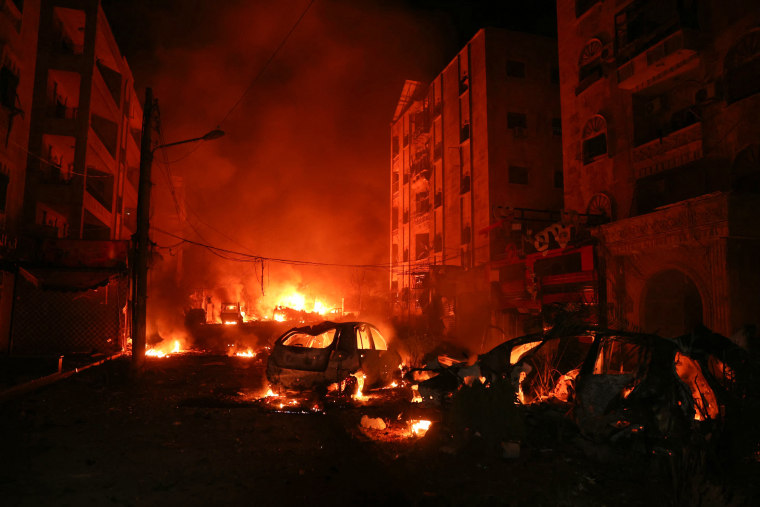
A surprise rebel attack on Aleppo, one of Syria’s biggest cities and a historic commercial center, has brought the 13-year civil war back into the spotlight. In a conflict whose destabilizing repercussions have spread well beyond the nation’s boundaries, the offensive is one of the rebels’ strongest in years.
Aleppo had not been attacked by the opposition since 2016, when Syrian President Bashar Assad retook the northwest city thanks to a vicious air campaign carried out by Russian airplanes. Assad has been able to hold onto power in the 70% of Syria that he controls thanks to intervention from Russia, Iran, Hezbolla, and other forces with ties to Iran.
As U.S.-backed Israel fights Iranian-allied Hamas in Gaza and Hezbollah in Lebanon, the escalation in combat has increased the likelihood of another bloody front reopening in the Middle East.
The previous U.S. ambassador to Syria, Robert Ford, cited Israel’s ceasefire with Hezbollah in Lebanon this week and months of Israeli bombings on Syrian and Hezbollah sites in the region as reasons why Syria’s rebels are able to progress.
Here are a few salient features of the new combat:
Why does it matter?
An estimated half a million people have died in the 13-year struggle between Assad and opposition factions vying for his downfall. About 6.8 million Syrians have left the nation, a refugee crisis that fueled far-right anti-immigrant movements and contributed to a shift in Europe’s political landscape.
A variety of opposition forces and foreign troops govern the approximately 30% of the country that is not Assad’s. About 900 American soldiers are stationed in northeast Syria, distant from Aleppo, to prevent an Islamic State revival. Israel and the United States occasionally strike government forces and militias with ties to Iran in Syria. In addition to having troops in Syria, Turkey also has sway over the large coalition of rebel fighters that are occupying Aleppo.
Note: Every piece of content is rigorously reviewed by our team of experienced writers and editors to ensure its accuracy. Our writers use credible sources and adhere to strict fact-checking protocols to verify all claims and data before publication. If an error is identified, we promptly correct it and strive for transparency in all updates, feel free to reach out to us via email. We appreciate your trust and support!
